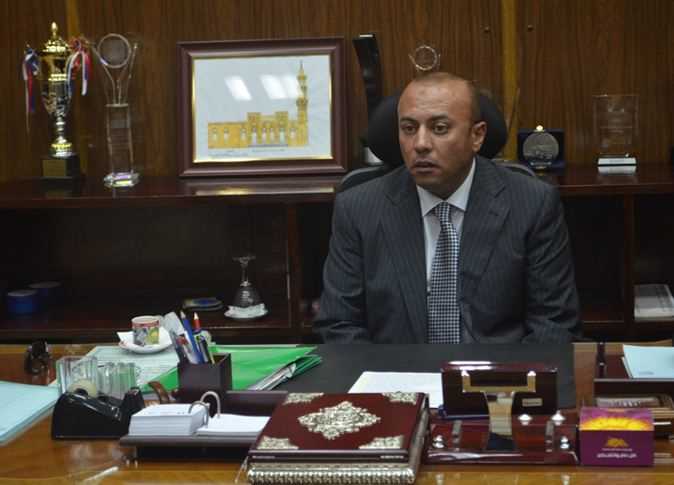
Four Egyptian officials including the chairman of the state Food Industries Holding Company (FIHC) have been arrested on suspicion of taking bribes from commodities trading firms, state news agency MENA reported on Tuesday.
The others are a supply ministry adviser responsible for coordination with parliament, a supply ministry spokesman and an official in the FIHC chairman’s office, according to MENA.
The exact nature of the alleged bribes was not immediately clear and officials at the supply ministry were not immediately available for comment.
Egypt is the world’s largest importer of wheat and a major buyer of staples like corn and vegetable oils.
GASC, which falls under the supply ministry, spends over $1.5 billion on imported wheat annually to supply a sprawling bread subsidy program which is politically sensitive for its role feeding tens of millions of low-income Egyptians.
MENA said the individuals arrested would be sent to the public prosecutor.
A parliamentary inquiry in 2016 found that up to 2 million tonnes of Egyptian wheat procured by the supply ministry existed only on paper, a controversy that pushed then-supply minister Khaled Hanafi to resign and the country to scrap a wheat subsidy it had long provided to farmers.
A Reuters investigation last year uncovered an elaborate system of bribery that grains traders used to guarantee that wheat cargoes would pass Egypt’s tough import inspections.




